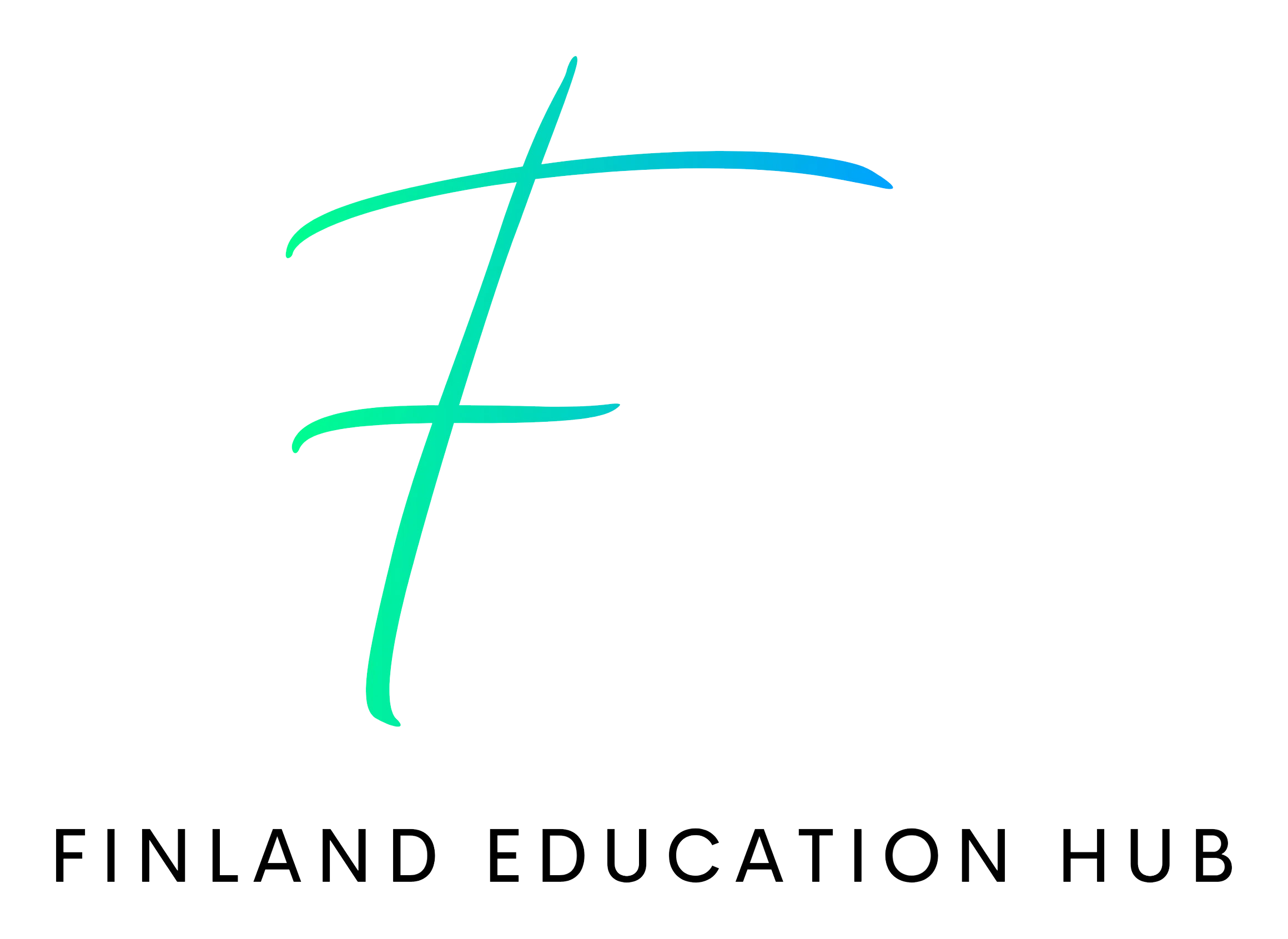Unveiling the Magic of K-12 Education: What Makes It Stand Out?
Have you ever wondered what makes Finland’s education system stand out from the crowd? How does this small Nordic country consistently rank at the top of global education league tables? The answer lies in its innovative and holistic approach to education, particularly in its K-12 offerings. Let’s delve deeper into the fascinating world of the Finnish education system and explore what sets it apart.
Embracing a Student-Centered Philosophy
Imagine stepping into a Finnish classroom and witnessing a hive of activity: children fully immersed in hands-on learning experiences, with teachers assuming the role of facilitators rather than mere lecturers. This student-centered approach lies at the core of Finland’s K-12 education system, emphasizing not just academic achievement but also the overall well-being and development of each student.
Key Features Setting Finland Apart
Play-Based Learning:
In Finnish kindergartens, play isn’t just a break from learning—it’s the essence of it. Young learners engage in exploratory activities and hands-on experiences, fostering creativity, imagination, and a solid foundation for future academic pursuits.
Equity Emphasis:
Finland champions educational equity, ensuring that every child, regardless of their socio-economic background, receives access to high-quality education and support services. This commitment to equity narrows the achievement gap and fosters an environment where every student can thrive.
Student-Centered Approach:
Finnish classrooms prioritize the individual needs and interests of students. Teachers act as guides, encouraging students to take ownership of their learning journey. This cultivates independence, self-motivation, and a sense of responsibility among learners.
Integrated Curriculum:
Gone are the days of siloed subjects. Finland’s K-12 curriculum is designed to be interdisciplinary and integrated, connecting various areas of knowledge through relevant themes and topics. This approach promotes deeper understanding and real-world application of concepts.
Focus on Well-Being:
Education in Finland extends beyond academics to encompass the overall well-being of students. Schools prioritize physical and mental health, offering nutritious meals, ample outdoor playtime, and access to counseling services. A holistic approach ensures that students are happy, healthy, and primed for learning.
Teacher Training and Professionalism:
Finnish educators undergo rigorous training, empowering them to design tailored curriculum, assess student progress, and create dynamic learning environments. This professionalism and autonomy elevate the quality of education imparted.
Assessment for Learning:
In Finland, assessment is viewed as a tool for learning rather than a judgment of ability. Diverse assessment methods gauge student progress, providing valuable insights for personalized support and continuous improvement.
Conclusion: Setting the Gold Standard in Education
Finland’s KG-12 education offerings epitomize innovation, equity, and holistic development, setting a benchmark for global education systems. By prioritizing play-based learning, equity, student-centeredness, integrated curriculum, well-being, teacher professionalism, and assessment for learning, Finland has crafted a world-class education model admired worldwide.
If you’re eager to learn more about Finland’s groundbreaking approach to education, consider exploring the Finland Education Hub. You’ll find a wealth of resources, insights, and opportunities to connect with educators and experts who are leading the way in educational innovation. Join us as we embark on a journey to unlock the full potential of every learner, inspired by the brilliance of Finland’s educational philosophy.

